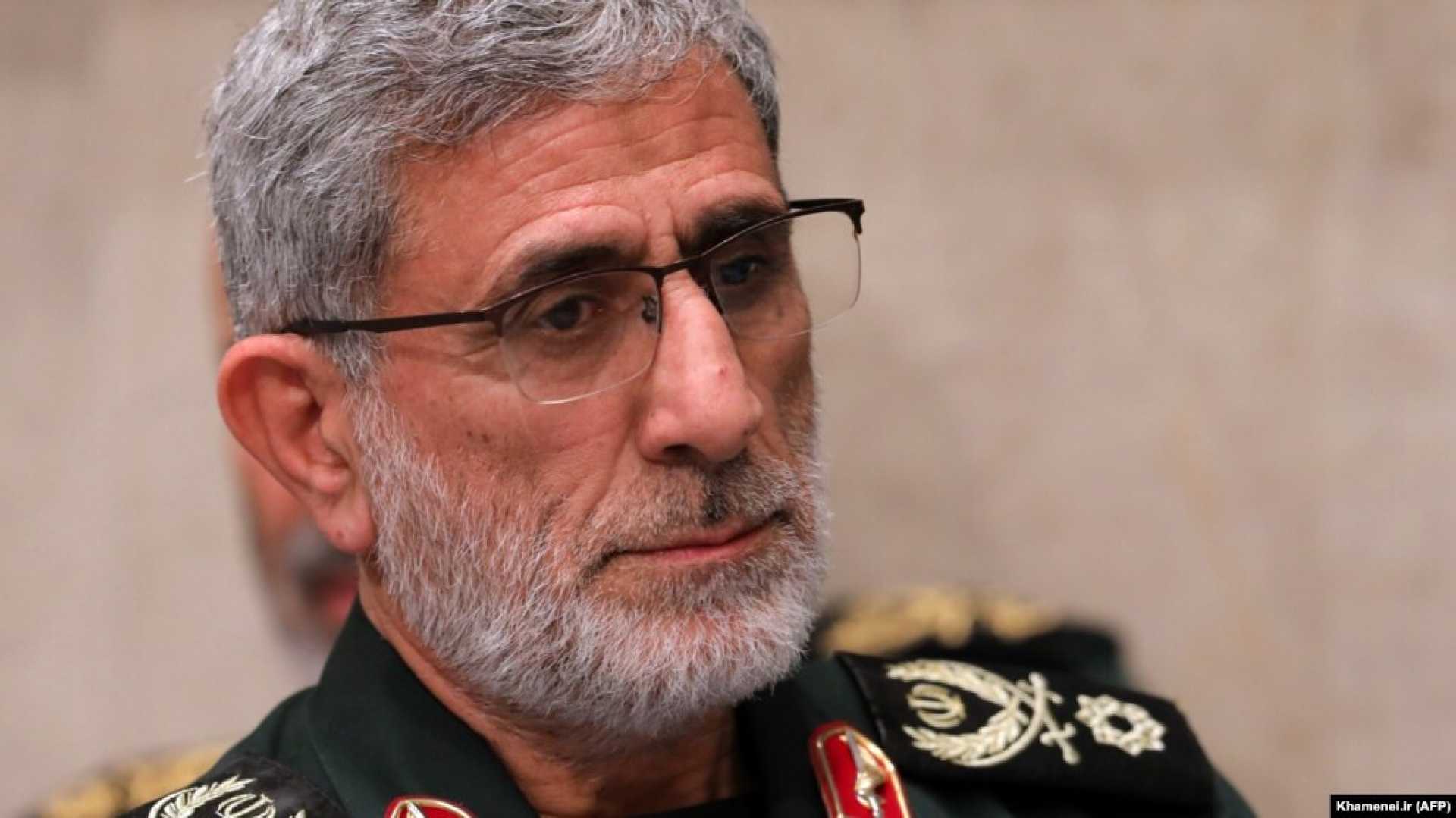News
Controversy Surrounds Iranian Commander Esmail Ghaani Amid Security Breach Probes

The whereabouts and status of Esmail Ghaani, an IRGC commander and leader of the Quds Force, remain subjects of conflicting reports amid allegations of a security breach within the Iranian military ranks. Ghaani was reportedly in Beirut during the assassination of Hezbollah‘s leader Hassan Nasrallah, an event that has escalated tensions in the region.
Iranian authorities have asserted that Ghaani is alive and has been acknowledged for his actions with a potential valor award. However, Middle East Eye, a Qatari-backed media outlet, claims that Ghaani has been placed under house arrest and is being questioned for the lapses that allowed Israeli forces to significantly disrupt Hezbollah’s leadership.
Over the last two months, Israel has targeted and eliminated several leaders associated with the Axis of Resistance, a collective front backed by Iran. This series of precision strikes points to a potentially significant intelligence breakthrough by Israeli agencies. Some reports suggest Ghaani suffered a heart attack during questioning, though these remain unconfirmed.
A senior Israeli source described the strikes as a “mind-blowing success” for Israel, citing a decade of intelligence work that dismantled Hezbollah’s command structure. Despite rumors of Ghaani’s implication, other Israeli sources express doubt, characterizing him as deeply committed and unlikely to be culpable.
Speaking to reporters, Iraj Masjedi, Ghaani’s deputy and former Iranian ambassador to Baghdad, assured that Ghaani is “in good health and carrying out his daily duties.” Meanwhile, some Western diplomats speculate that Israel might be considering an escalatory response to recent hostilities, with strategies ranging from targeted military actions to potential strikes on Iran’s infrastructure.
According to diplomatic sources, Israeli Prime Minister Benjamin Netanyahu’s recent discussions with U.S. President Joe Biden left the U.S. leadership uncertain about Israel’s next moves. Any potential response may be timed strategically in relation to the upcoming U.S. presidential election. Former U.S. President Donald Trump has vocally supported aggressive actions against Iran’s nuclear sites, further complicating diplomatic dynamics.
Gulf States, wary of regional repercussions, have urged the U.S. to restrain Israel, fearing retaliatory threats to their oil infrastructure. Iran’s Foreign Minister, Sayeed Abbas Araghchi, has secured statements from some regional powers that they would deny Israeli overflights geared towards attacks on Iran, signaling a complex geopolitical maneuvering.
Investigations into the security breaches also focus on the movements of Brigadier General Abbas Nilforoushan, a Quds Force commander who was killed along with Nasrallah. Authorities are keen to determine the source of the alleged infiltration into the IRGC’s ranks, which Iranian commanders suggest may be of significant scale.












